I’m in Chicago right now for the 2015 meeting of the Association of American Geographers (can they please change it to American Association of Geographers already?!), and I’m loving it. While I’m a dual major in political science and human geography, most of the conferences I attend are usually public policy, political science or area studies (e.g. common pool resources, water, etc.). So I’m very glad I attended. It’s a new challenge to speak human geography while maintaining my political science background. I am also keen to see how a geography audience responds to my work, given that I usually bring up the spatial and locational dimension to political science and public policy groups. In this case, I’ve been bringing up the politics of spatial analysis to the geographical audience. This is an interesting and important challenge for me. I don’t want to just “rest in my laurels”. I want to be continuously challenged.
This conference is providing me with this opportunity and with the chance to meet up with geographers I’ve corresponded with on Twitter. AAG has been great even though I’m technically on holidays, and even though the panel sessions (Fetishes of Water Governance I and Fetishes of Water Governance II) I organized with Jeremy Schmidt and Oriol Mirosa are all the way on the Saturday afternoon.
My paper title and abstract follow.
Citizen Participation in Water Governance as a Fetish? Explaining Mexico’s Integrated Water Resource Management Implementation Failure
Raul Pacheco-Vega, PhD
Assistant Professor, Centro de Investigacion y Docencia Economicas (CIDE)
Scholarship both in the social and natural sciences on integrated water resource management (IWRM) has settled more-or-less on managing through river basins/watersheds and using the river basin council as a model for effective/efficient water governance. While this paradigm has become quite popular in the literature, and several case studies of IWRM implementation in Mexico have been documented, no cohesive analytical effort has been undertaken (to the best of our understanding) to explore and analyze the characteristics under which the river basin council model does not operate well, and when it does. This paper sheds light on our understanding of the river basin model and interrogates whether governance by river basin councils and citizen participation are fetishes of water governance instead of effective institutional reforms. The paper aims to offer a balanced view, showcasing case studies of successful implementation of the river basin model, as well as cases where the model has failed. In particular, the paper explores the case of Mexican water policy as one where implementing IWRM has been less than successful.
Keywords: water governance, fetishes, integrated water resource management, governance by river basin councils, geographies of water
I’m here until Sunday if anybody wants to discuss my work on water governance or my work on informal waste recycling.
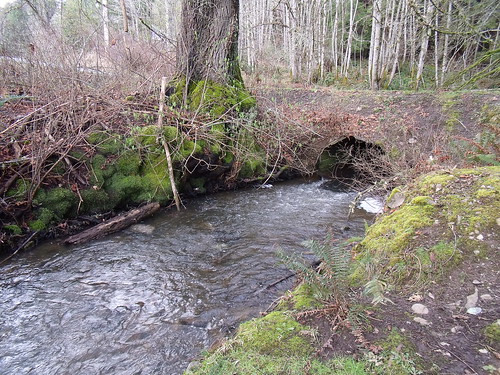
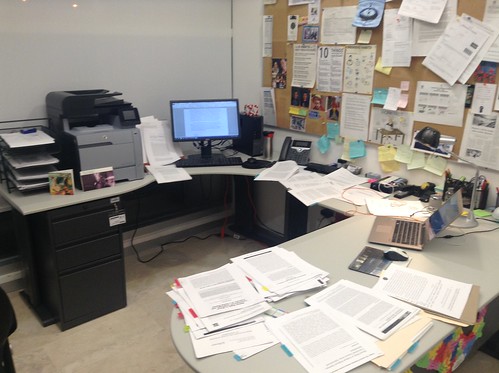

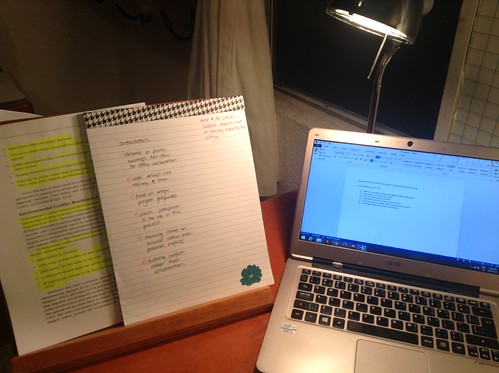




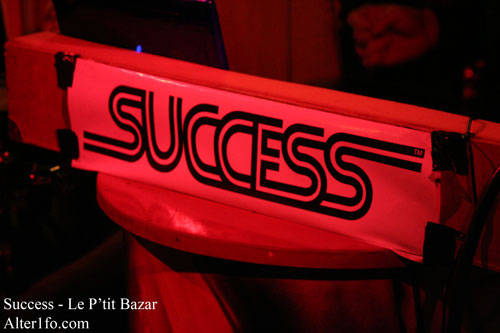





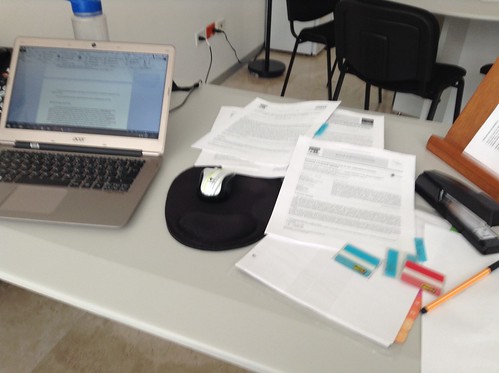
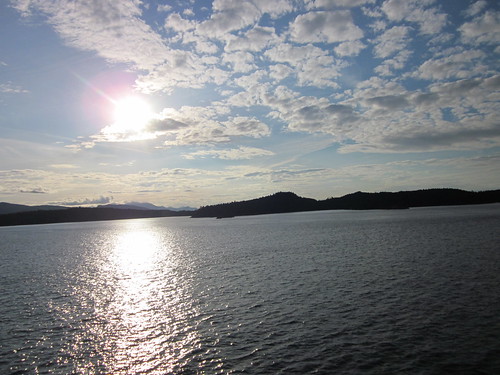
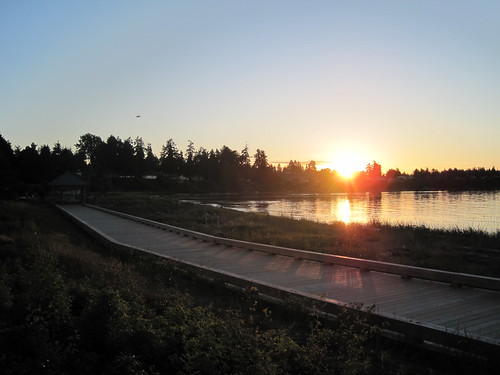
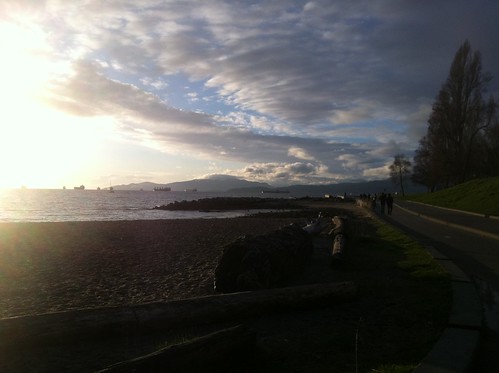

Recent Comments